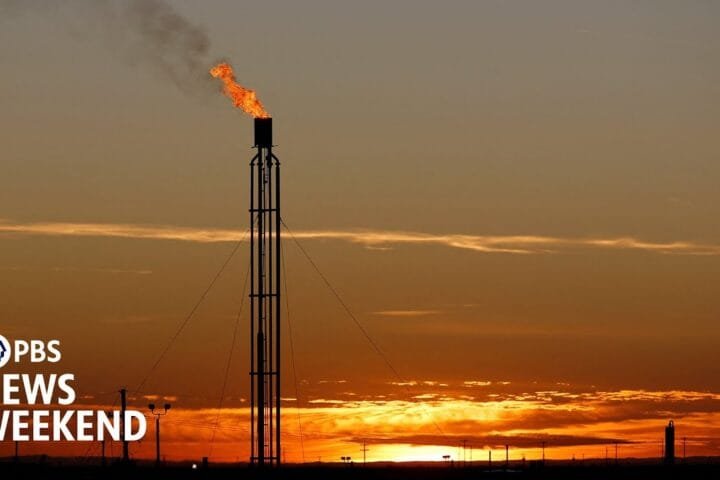Summary:
- Meta‘s attempt to block links to news outlets criticizing its actions caused a Streisand Effect, drawing more attention to the issue of climate change suppression.
- Despite claims of a security error, journalists and researchers view Meta as actively suppressing content it dislikes, such as climate change posts.
- The suppression of political content by Meta, including climate-related content, has significant implications for democracy and activism.
- Suggestions for Meta to address the issue include focusing on fact-checking tools and reclassifying climate change content as science-based.
- The incident highlights the power regular people have in pushing back against corporate giants like Meta to protect free speech and democracy.
Social media giant Meta appears to have just experienced its own Streisand Effect moment. The company that owns Facebook, Instagram, Threads and Whatsapp last week blocked all links on its platforms to the Kansas Reflector, a non-profit news outlet that had published a piece criticizing the firm’s alleged suppression of content about climate change. When journalist Marisa Kabas wrote about the event, all Meta links to her site, The Handbasket, were blocked too. Kabas was even momentarily blocked from posting anything at all on Threads, Meta’s microblogging site.
Then, CNN got hold of the story. Meta was forced to deploy its public relations people, who claimed that the sites had been blocked due to a “security error.” The links to the Reflector and The Handbasket were restored. Instagram head Adam Mosseri even posted about the event on Threads’ rival platform Bluesky, saying that the domains had been “mistakenly classified as a phishing site.” Nevertheless, the damage had been done. CNN followed up its reporting with an article titled, “Big Tech’s grip on social media is a growing problem.”
Forbes
Read the full post at Google News.





